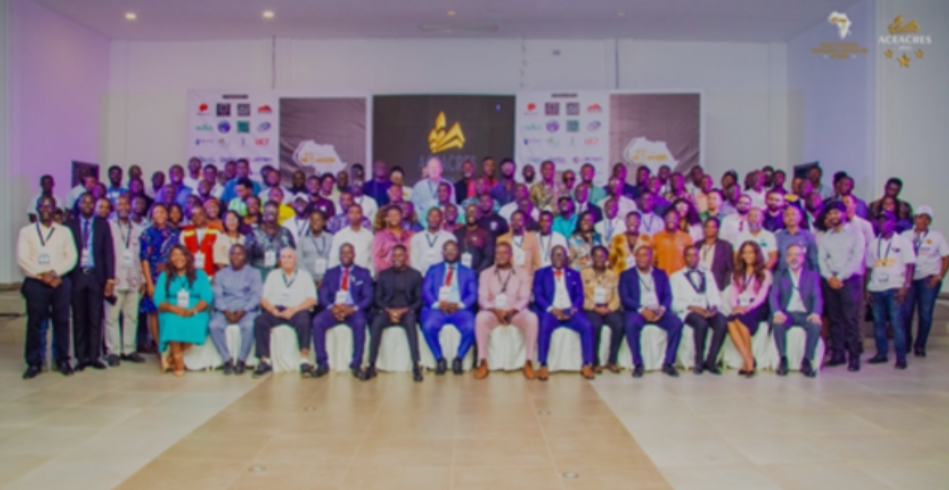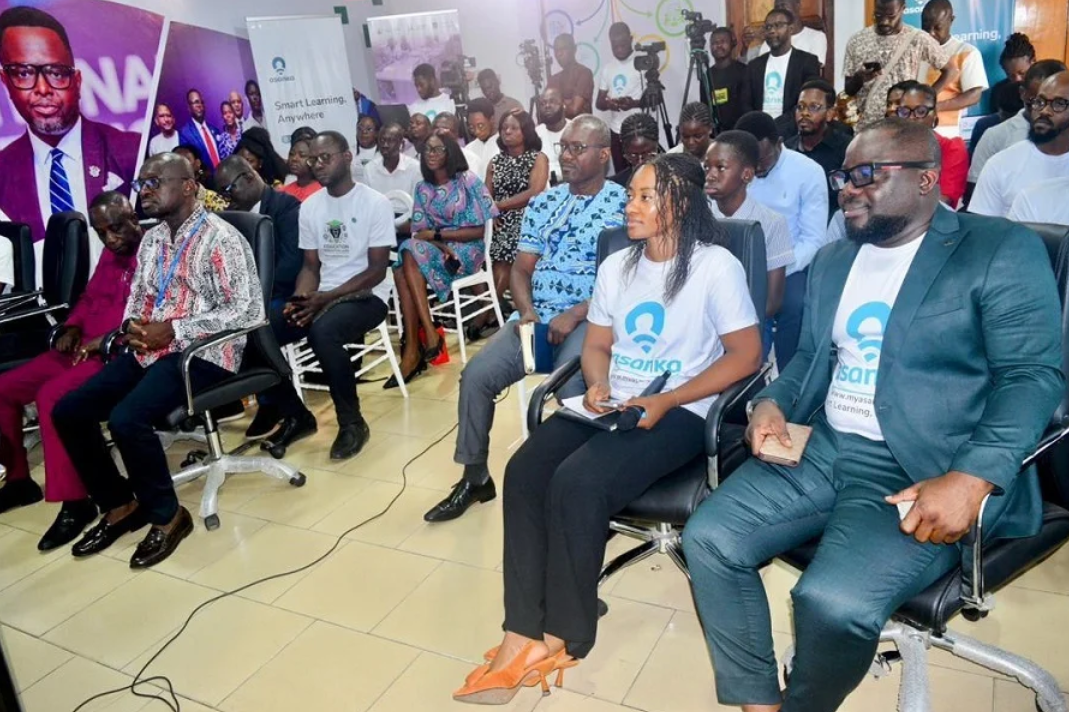A Continental Gathering for Innovation and Sustainability
The 2nd African Continental Engineering, Architecture, Construction, and Real Estate Summit (ACEACRES 2024) concluded in Accra, Ghana, marking a significant milestone in the evolution of Africa’s built environment. The event, themed “Integrating sustainable built environment for socio-economic transformation through the use of new generation technology and generative artificial intelligence,” brought together over 300 participants from across the continent and beyond.
A Shared Vision for Africa’s Future
The summit aimed to address the pressing need for sustainable development in Africa’s rapidly urbanizing landscape. It provided a platform for industry leaders, policymakers, and innovators to discuss and implement strategies to create resilient, inclusive, and environmentally friendly cities and communities.
Key Themes and Discussions
- Sustainable Development: The summit highlighted the importance of sustainable practices in all aspects of the built environment, from materials sourcing and construction techniques to energy efficiency and waste management. Participants explored innovative approaches to reduce the environmental impact of buildings and infrastructure while promoting social equity and economic growth.
- Technological Advancements: The integration of cutting-edge technologies, such as artificial intelligence, building information modeling (BIM), and Internet of Things (IoT), was a central theme of the summit. These technologies offer the potential to revolutionize the design, construction, and operation of buildings and infrastructure, improving efficiency, reducing costs, and enhancing performance.
- Indigenous Knowledge and Innovation: The summit recognized the value of traditional knowledge and local innovation in addressing the challenges of sustainable development. Participants discussed how to integrate indigenous practices with modern technologies to create sustainable solutions that are culturally appropriate and environmentally sound.
- Capacity Building and Skills Development: The need for a skilled workforce to drive the transformation of Africa’s built environment was emphasized. The summit explored strategies for capacity building, skills development, and knowledge transfer to equip professionals with the tools and expertise needed to deliver sustainable projects.
- Financing Sustainable Infrastructure: The summit addressed the critical issue of financing sustainable infrastructure projects. Participants discussed innovative financing mechanisms, public-private partnerships, and international cooperation to mobilize the necessary resources to fund sustainable development initiatives.
A Call for Action
The summit concluded with a strong call for action to accelerate the transition to a sustainable built environment in Africa. Key recommendations included:
- Policy and Regulatory Frameworks: Governments should develop and implement supportive policies and regulations to promote sustainable building practices, energy efficiency, and green infrastructure.
- Investment in Research and Development: Increased investment in research and development is essential to drive innovation and technological advancements in the built environment sector.
- Capacity Building and Training: Prioritizing capacity building and training programs to develop a skilled workforce is crucial for the successful implementation of sustainable projects.
- Public-Private Partnerships: Fostering strong partnerships between the public and private sectors can leverage resources and expertise to deliver sustainable infrastructure and housing solutions.
- International Cooperation: Collaborative efforts between African countries and international partners can facilitate knowledge sharing, technology transfer, and investment in sustainable development.
A Bright Future for Africa’s Built Environment
ACEACRES 2024 demonstrated the growing momentum and commitment to sustainable development in Africa’s built environment. By embracing innovation, collaboration, and a long-term vision, the continent can shape a future where its cities and communities are resilient, equitable, and environmentally friendly.





